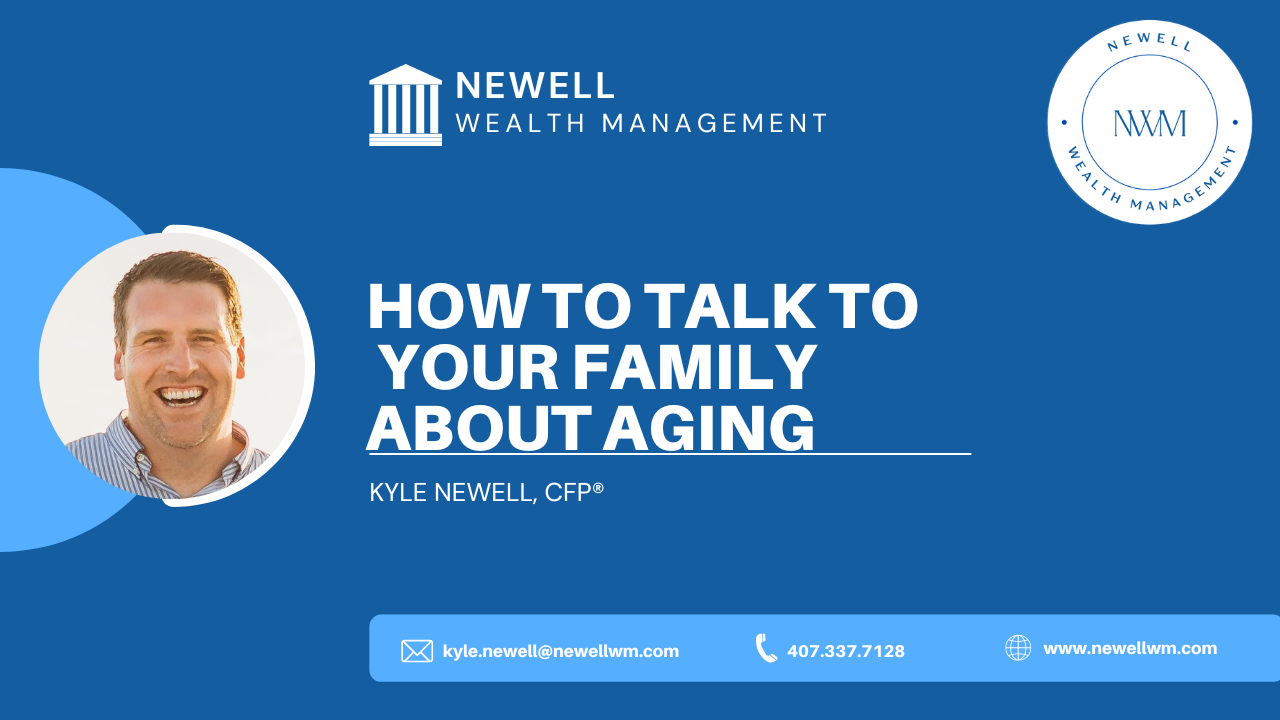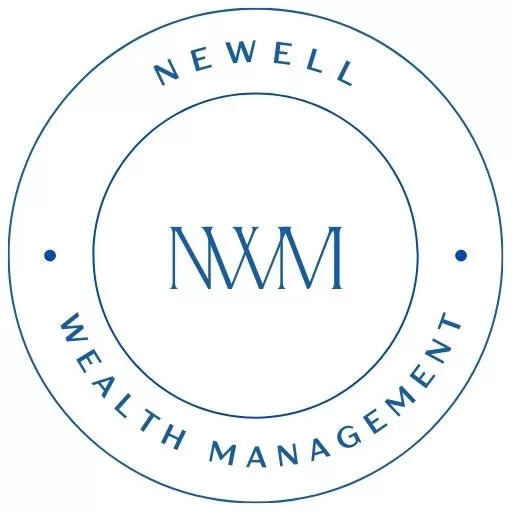How to Talk to Your Family About Aging

The topic of aging has come up in a few different client conversations recently. One is a gentleman who wanted to know how to talk to his family about the fact that he is aging. Another is noticing that his parents are slowing down a bit. Due to pains from aging, they didn’t want to do much or get out of the house as often.
Interestingly, both clients have similar questions about how to talk to their families about aging. While each approaches the topic differently, the questions carry common themes.
Aging is a part of life. Being a burden on one’s family doesn’t have to be. How to talk to your family about aging isn’t the most fun topic. It’s often rife with emotion and challenges, especially when the outcome is passing away.
Although uncomfortable, these conversations are vital to proper planning. How do you bring it up? How do you talk to your family in a tactful, emotionally sensitive way about aging?
Start the Conversation
Potentially difficult conversations begin with a good strategy. Open the door to communicating about aging by trying these three ideas.
Timing
Finding the right time to talk to your family about aging can be tricky. Parents or children often make an “appointment” to discuss the topic. This creates tension as both sides are uncomfortable from the beginning. Apprehension, anxiety, and awkwardness will sometimes run the conversation.
Try bringing up the topic during a family gathering. It sounds odd to suggest bringing up the subject of aging at game night or the family reunion but hear me out. These are the times when families often reminisce and talk about others who have passed away. This timing can work perfectly with stories.

Use Stories
Stories are a part of who we are. They are also a crucial part of how we communicate. When you tell a story, it opens the listeners’ hearts and minds to hear a message they may not usually be willing to hear directly.
Let a story about grandma or grandpa open the door to talking about aging. Parents can use this to talk about how they felt about going through the process after and how they wish it would have been different. Children can ask those same questions, adding what things grandma or grandpa talked to them about as they began to age.
If you prefer to be more subtle with the topic, use a story about someone you know who is going through a situation with their parents aging. Bring up what they are going through and why it is challenging or not.
No matter which side of the conversation you are on, stories can be hugely successful when opening the door on how to talk to your family about aging.
Ask questions.
Try to understand the story, especially if it relates to your parents. If they had a tough time with their parents aging, passing, or after, ask them about it. If things went easier because they had been prepared for it, talk about what made it that way.
Also, don’t come prepared with a list of answers you expect based on what you do or don’t want to happen. Ask the question and then listen to understand. Don’t know where to start? Try the who, what, when, where, and why approach.
Here are some ideas to get you started:
- What are the plans for the aging process (care, finances, etc.)
- Have they considered every aspect of the plan
- How does the plan impact the family (spouse, children, etc.)
- What documents are in place & where are they housed
- Who is responsible for carrying out the plan specifics (family, trustees, attorneys, etc.)
- Are those people able & prepared for the role they are expected to play
- Will decisions be made independently or require joint discussion and agreement
- What type of care is desired & who will provide it (a facility, family, friends, in-home care, etc.)
- What are the ongoing costs, and how will they be handled
Preparation is Key
It is paramount to be prepared to talk to your family about aging and the process when it happens. Having the details in place before anything happens that may affect the outcome is what this process is about. It may never happen, but waiting until the aging person is possibly incapacitated only leads to stress and struggle. Make sure your family is well prepared, informed, and ready to assume any responsibilities asked of them.
Whether you are the parent or child, be open and honest in your communication. Explain why you are asking a particular family member to handle a specific part of the plan. If you are tasked with something and feel uncomfortable, explain why. Only through open and candid dialogue can you and your family have peace about the aging process and all it entails.
It is essential to work with a good financial advisor or financial planner who understands how important it is to talk to your family about aging. As outside participants, they can help by bringing up often overlooked questions or topics related to the aging process. It can also be helpful when seeking answers to financial questions that may arise during family conversations.
If you aren’t currently working with a financial planner and have financial questions related to the aging process, I’m happy to help.
We can meet virtually or in person if you live in the Central Florida area. Please email me at kyle.newell@newellwm.com, call/text at 407.337.7128, or schedule a meeting at Schedule – Newell Wealth Management (newellwm.com)
Important Information
Newell Wealth Management, LLC (“NWM”) is a registered investment advisor offering advisory services in the State of FL and in other jurisdictions where exempted. Registration does not imply a certain level of skill or training. The presence of this website on the Internet shall not be directly or indirectly interpreted as a solicitation of investment advisory services to persons of another jurisdiction unless otherwise permitted by statute. Follow-up or individualized responses to consumers in a particular state by NWM in the rendering of personalized investment advice for compensation shall not be made without our first complying with jurisdiction requirements or pursuant an applicable state exemption.
All written content on this site is for information purposes only and is not intended to provide specific advice or recommendations for any individual. Opinions expressed herein are solely those of NWM, unless otherwise specifically cited. Kyle Newell and NWM are neither an attorney nor an accountant, and no portion of this website content should be interpreted as legal, accounting or tax advice. Material presented is believed to be from reliable sources and no representations are made by our firm as to other parties’ informational accuracy or completeness. There is no assurance that the views or strategies discussed are suitable for all investors or will yield positive outcomes. Investment involves risks including possible loss of principal and unless otherwise stated, are not guaranteed. Any economic forecasts set forth may not develop as predicted and are subject to change. All information or ideas provided should be discussed in detail with an advisor, accountant or legal counsel prior to implementation.
